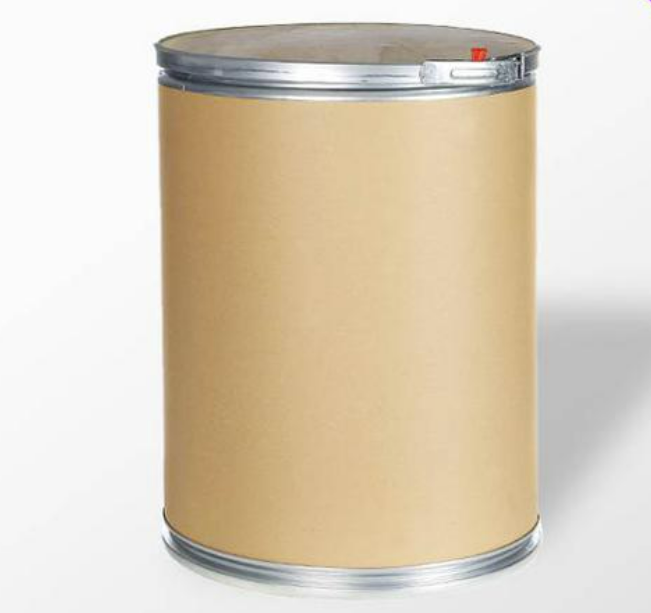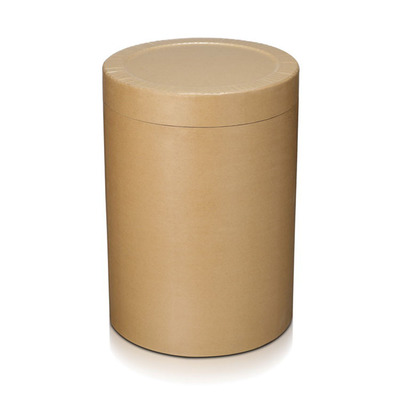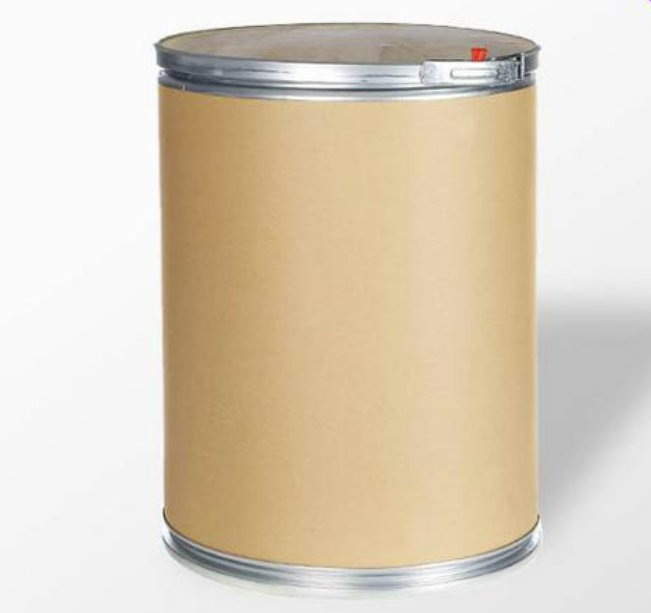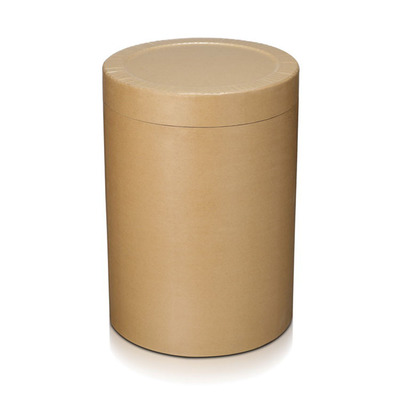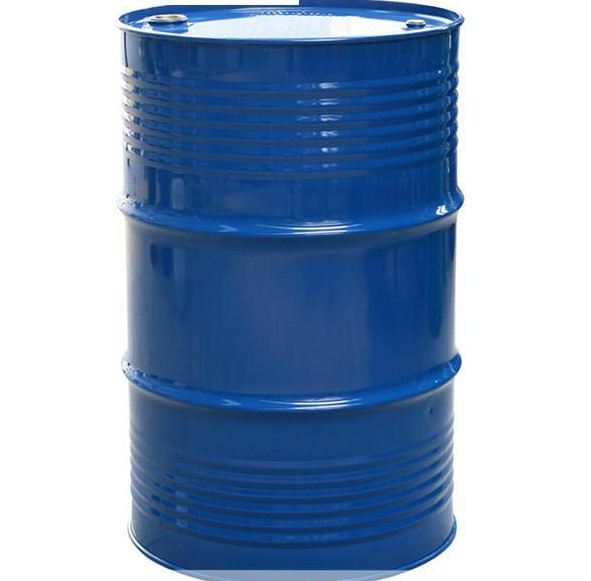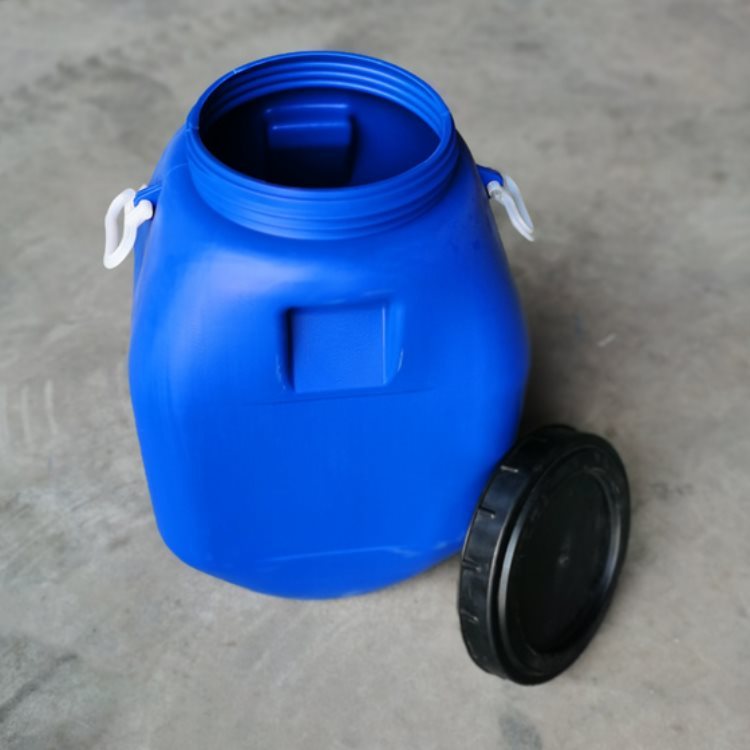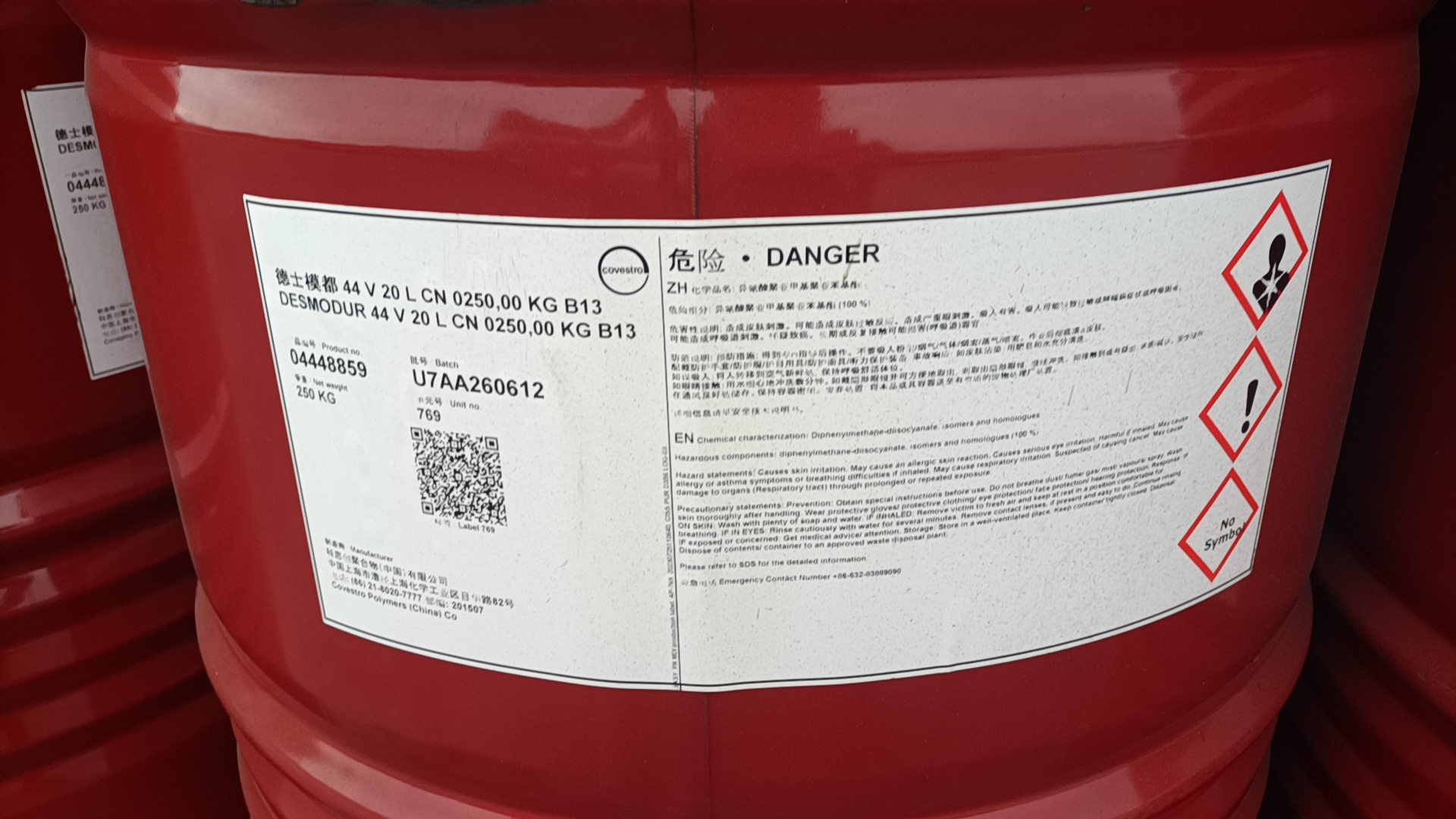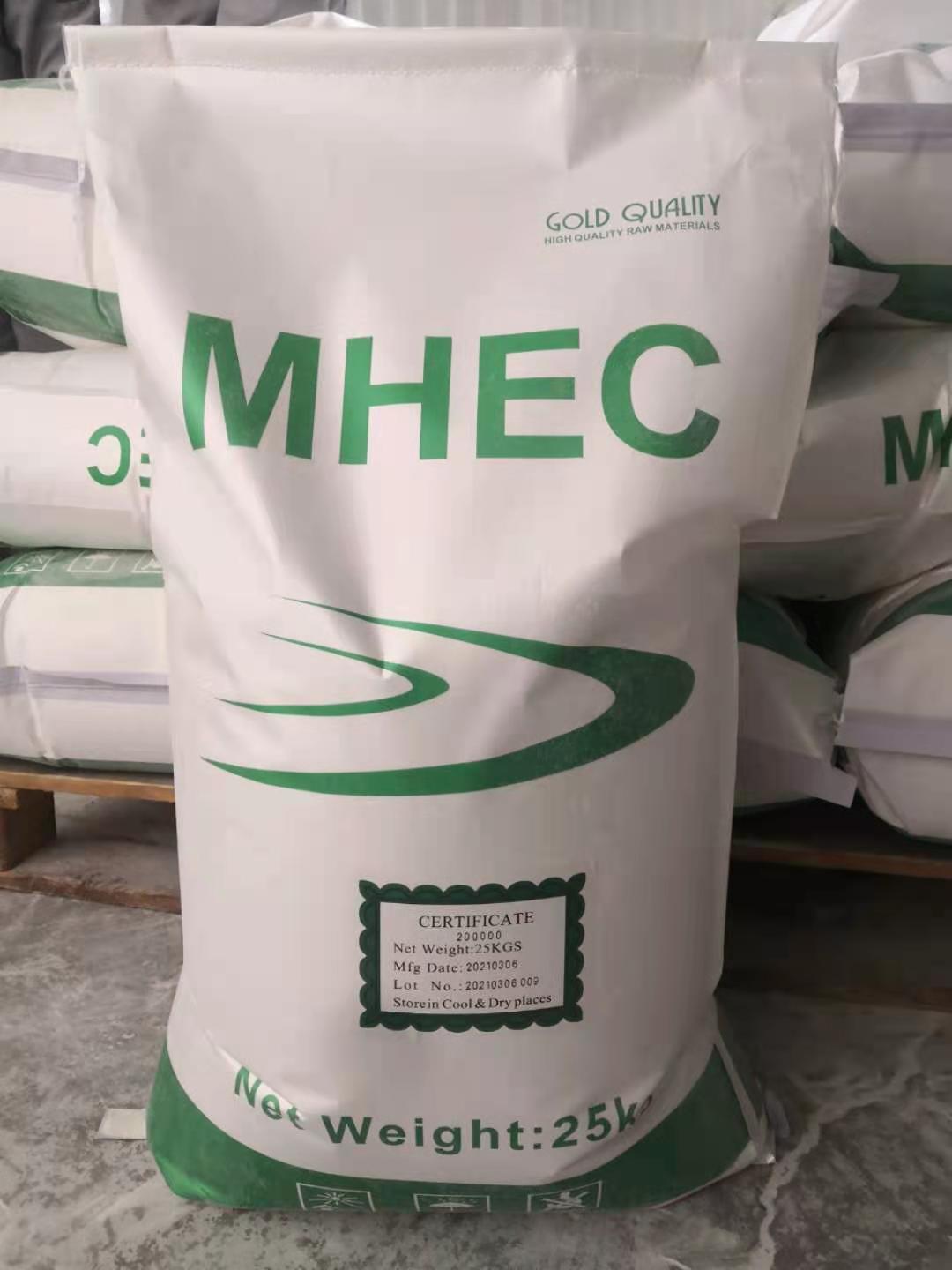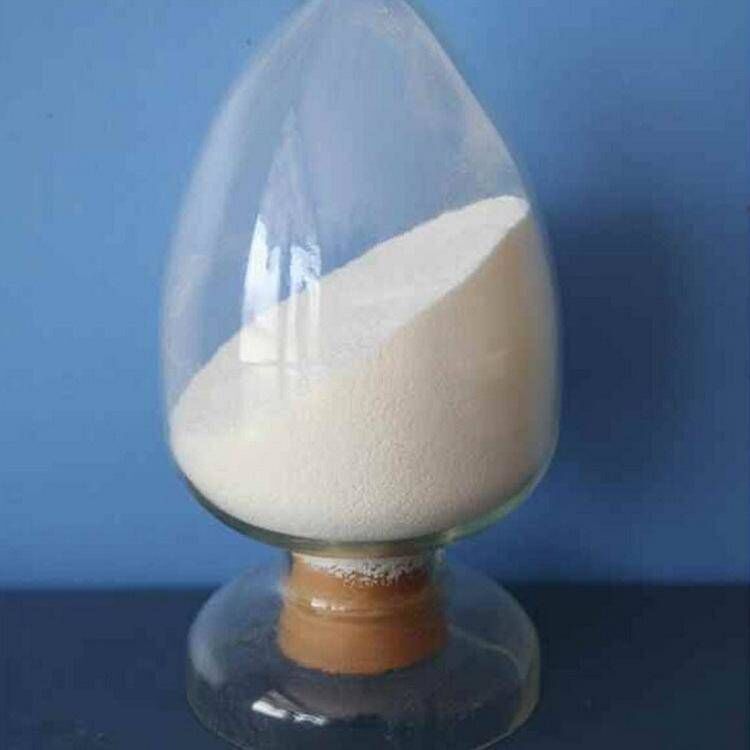Antioxidant
Other Auxiliary Agent
Petroleum Additives
Adsorbent
Water Treatment Chemicals
Rubber Additives
Adhesive Additives
Cross-Linking Agent
Flame Retardants
UV Absorbers
Organic Extractant
Resin Additives
Electronics Chemicals
Pesticide Additives
Building Chemicals
Plastic Additives
Oilfield Chemicals
Adhesive
Plastic Rubber Chemicals
Paper Additives
Molecular Sieve
Coating Additives
Textile Auxiliaries
Fluorescent Brightener
Polyethylene Glycol Derivatives
Coupling
Forest Chemicals
Leather Auxiliary Agents
Beneficiation Agents and Smelting Additives
Dye Auxiliaries
CAS:9004-57-3
Molecular Formula:C20H38O11
Alias
More Information
2-[4,5-Diethoxy-2-(Ethoxymethyl)-6-Methoxyoxan-3-yl]oxy-6-(Hydroxymethyl)-5-Methoxyoxane-3,4-diol; Cellulose Ethyl; Cellulose Ethylate; Triethyl Cellulose; Ethyle Cellouse
Brief Introduction
Ethyl cellulose is abundantly used in coatings. Can also be used as a basic material for solid lubricants for stamping of metal workpieces. In microcircuit printing, ethyl cellulose is used as a color carrier. In the radio industry, it is used as a high-grade insulating material, and in protective coatings as special films such as cladding layers for rocket emitters. They can be used as hot-melt type glue and coatings for cables, paper, textiles, etc., and can also be used as insulation of extrusion wires and as toughness enhancers for plastics. It is also used for pigment grinding bases, for printing inks, for molded plastic powders, for explosive fuse, and in the formulation of vitamins, among others. Used as a removable protective layer for metal parts against corrosion, disfigurement before use, and also as a removable coating to protect friable glassware. There are various uses remaining in adhesives, textile and fibers, medicine and food, and other industries. Industrial grade ethyl cellulose is used in coatings (gel type coatings, hot melt coatings), inks (screen printing inks, photographic concave brushing inks), adhesives, pigment pastes, etc. higher grade products are used in medicine, cosmetics and food, for example, pharmaceutical tablet packaging materials, binders for long-term preparations, etc.
Suppliers
View More Vendors (2) >
CAS:9004-67-5
Molecular Formula:C20H38O11
Alias
More Information
(5R)-2,3,4-Trimethoxy-6-(Methoxymethyl)-5-[(2S)-3,4,5-Trimethoxy-6-(Methoxymethyl)oxan-2-yl]Oxyoxane; MC
Brief Introduction
Methylcellulose is widely used in construction industry, such as cement, mortar, joint desliming and so on. It is used as film-forming agent and adhesive in cosmetics, medicine and food industry. It is also used as sizing agent for textile printing and dyeing, synthetic resin dispersant, coating film-forming agent and thickener. Alkali cellulose is prepared from pulp, which reacts with methyl chloride or dimethyl sulfate in an autoclave, and then refined with warm water. Methylcellulose is generally considered safe, non-toxic, non allergenic and non irritating. In the pharmaceutical industry, methylcellulose with low or medium viscosity can be used as the adhesive of tablets and also for tablet coating. High viscosity methylcellulose can be used to modify disintegration or as skeleton material of sustained-release preparation. Methylcellulose with high degree of substitution and low viscosity can be used for aqueous coating, suspension aid, thickener, emulsion stabilizer and protective colloid. High degree of substitution and high viscosity methyl cellulose can be used in eye drops, and can also be used as matrix material for cream or gel.
Suppliers
View More Vendors (2) >
CAS:9004-81-3
Molecular Formula:C12H23O2.(C2H4O)n.H
Alias
More Information
Emulsifier LAE; Thesit(R); Peg 600 Monolaurate; Peg 4000 Monolaurate; Peg 400 Monolaurate; Peg 6000 Monolaurate; Oxyethylenated Laurylalcohol; Peg(4.5) Monolaurate; Peg(4.5)Ml
Brief Introduction
Disperse in water and form turbid liquid with mineral and vegetable oil. Used as defoamer in waterborne coatings. Vinyl plastisol is used as viscosity reducer, viscosity control additive in hair dye paste, emulsifier, coupling agent and solubilizer of paper softening additive, metal processing lubricant and textile lubricant.
Suppliers
View More Vendors (2) >
CAS:9016-87-9
Molecular Formula:C8H7NO2
Alias
More Information
Lupranate M20 S; Polymeric MDI; Desmodur; PMDI; PM200; MDI
Brief Introduction
This product is mainly used to make polyurethane materials. It is widely used as thermal insulation materials or mattresses in construction industry, automobile industry and electrical industry.
Suppliers
View More Vendors (2) >
CAS:9032-42-2
Molecular Formula:C2H6O2·xCH4O·x
Alias
More Information
Methyl Hydroxyethyl Cellulose; Hymetellose; Cellulose,2-Hydroxyethylmethylether; HEMC; MHEC; Hydroxyethyl Methyl Cellulose; Hydroxymethylethyl Cellulose
Brief Introduction
Methyl 2-Hydroxyethyl Cellulose is a odorless, tasteless and non-toxic white powder, which can be dissolved in cold water to form a transparent viscous solution. It has the characteristics of thickening, bonding, dispersion, emulsification, film-forming, suspension, adsorption, gelation, surface activity, water retention and colloid protection. Because aqueous solution has surface active function, it can be used as colloidal protective agent, emulsifier and dispersant. Hydroxyethyl methylcellulose aqueous solution has good hydrophilicity and is a high-efficiency water retaining agent. Hydroxyethyl methyl cellulose contains hydroxyethyl group, so it has good mildew resistance, good viscosity stability and mildew resistance during long-term storage.
Suppliers
View More Vendors (2) >
Inquiry (
10
/ 10
)
Clear All
Sign In
Error!

